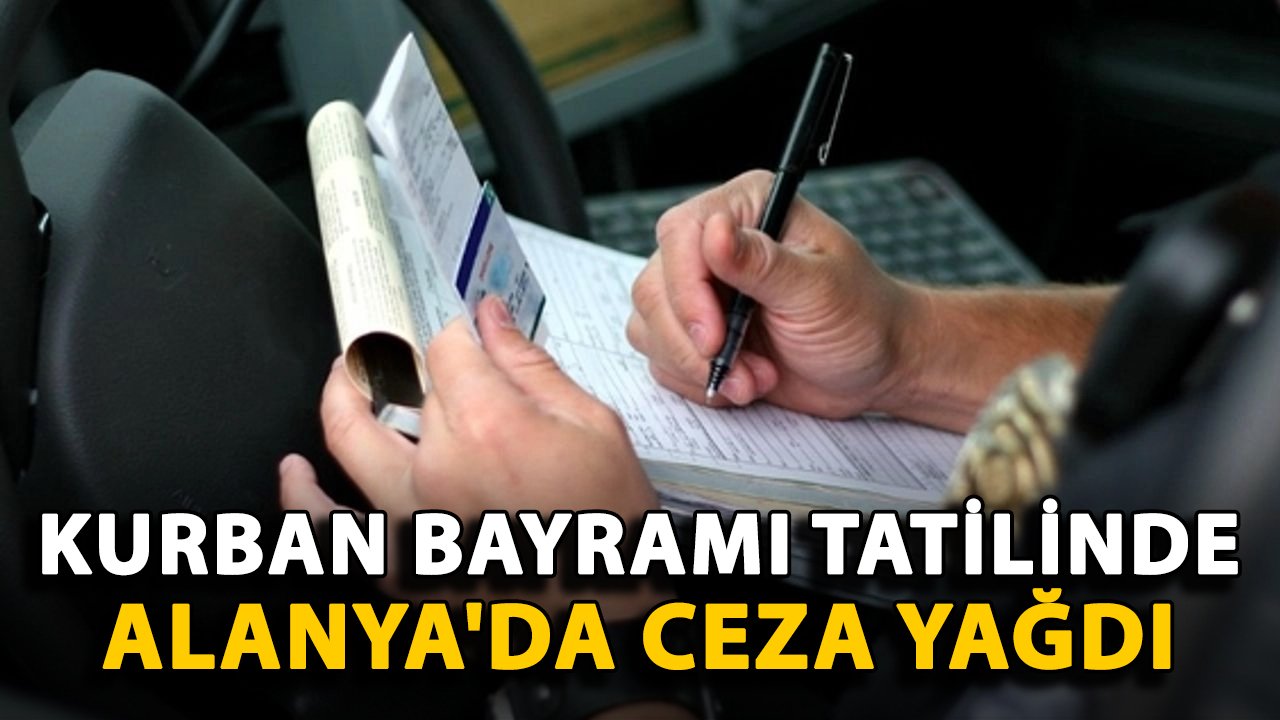ECB extends pandemic incentives through PEPP and TLTRO
As expected, the European Central Bank increased the total amount of bond purchases by extending the Pandemic Emergency Purchase Programme (PEPP) and extended the cheap and long-term financing opportunities provided to banks through TLTROs....


As expected, the European Central Bank increased the total amount of bond purchases by extending the Pandemic Emergency Purchase Programme (PEPP) and extended the cheap and long-term financing opportunities provided to banks through TLTROs. While vaccine expectations and financial incentive discussions are intertwined in terms of global economies, the policies of central banks continue to be shaped within the framework of supporting the economy against crisis conditions and taking downside risks into consideration. Even if the vaccine is started to be used, financial conditions are left as loose as possible in the period when the recovery in the damage assessment phase of the economy will take time and the demand in the economy will return to the old normals in the process until the recovery of employment. The vaccine will eliminate the health emergency in the first place and the effects of the damage of the pandemic will continue to be felt economically.
If we look at the outline of ECB decisions;
· PEPP was increased by EUR 500 billion to EUR 1.85 trillion and extended for at least 9 months until the end of March 2022. The central bank will reinvest in maturing PEPP bonds at least by the end of 2023.
· The old bond purchasing program (APP) implemented by the ECB before the pandemic will continue at a monthly rate of EUR 20 billion and will continue until shortly before interest rates rise.
· TLTRO-III bank lending program will be extended for 12 months until June 2022. The total amount that banks can borrow has been increased from 50% of banks' available loan stock to 55%.
· Four additional outbreak emergency long-term refinancing operations (PELTRO) will be offered in 2021.
· The easing of the collateral rules announced earlier this year will be extended until June 2022.
· Deposit ratio remained unchanged at -0.5%.
· In the coronavirus crisis, the bank will be ready to use all the instruments available.
In an environment where the economy is in a recession cycle with the effect of the increasing infection wave, ECB financial conditions have loosened as much as possible while EU leaders are preparing a financial stimulus package of 1.8 trillion EUR. The bank expects the crisis conditions to apply at least for the whole of 2021, if we look at the duration of the emergency programs. Although the recovery will accelerate significantly with the slowdown of the epidemic, it is important to adopt the precautionary principle in the economy during this period. Central banks, including the Fed, are taking policy steps without putting their hopes entirely on fiscal stimulus and vaccination. The Fed, too, will likely position itself against the prospect of blockage of fiscal stimulus by making a technical adjustment to asset purchases at this month's meeting.
The recent appreciation of the EUR appears at the top of the other problems of the economy that require an urgent action plan. Related to this, the overvaluation of the EUR will reduce the ability to export in an environment where global trade is in delicate balances due to the pandemic crisis and the Brexit uncertainty. At the same time, the strong EUR pushes inflation down by lowering import bill, and the demand outlook is not strong enough to support inflation. There is even a risk of deflation. In this environment, the inactivity of the ECB, which does not see the possibility of a direct or indirect move in interest rates, will turn eyes to the Fed, and the expansion of the two central banks currently has an effect that neutralizes each other in terms of exchange rate movements. However, since the pointer is in favor of the weaker USD in this conjuncture, it seems difficult for the ECB's moves to put the pair into a loosening cycle under current conditions.
Lagarde says that PEPP may not be used entirely. On the other hand, inflation forecasts are negative and inflation, which is expected to remain below 2% until 2023, shows that low interest rates will prevail for a long time. Stating that the developments in the exchange rate are being monitored, Lagarde verbally touched on the deflationary risks of the strong EUR at this stage, while the Bank is not in a position to take direct action against the EUR. There are risks of deepening negative interest rates even further. The ECB lowered its 2020 contraction expectation from 8% to 7.3%. 2021 growth expectation is 3.9%. 5% growth expectation for 2021 was announced previously. The 2020 inflation expectation was revised from 0.3% to 0.2%. 2021 inflation expectation was kept at 1%.
Kaynak Tera Yatırım
Hibya Haber Ajansı















Türkçe karakter kullanılmayan ve büyük harflerle yazılmış yorumlar onaylanmamaktadır.